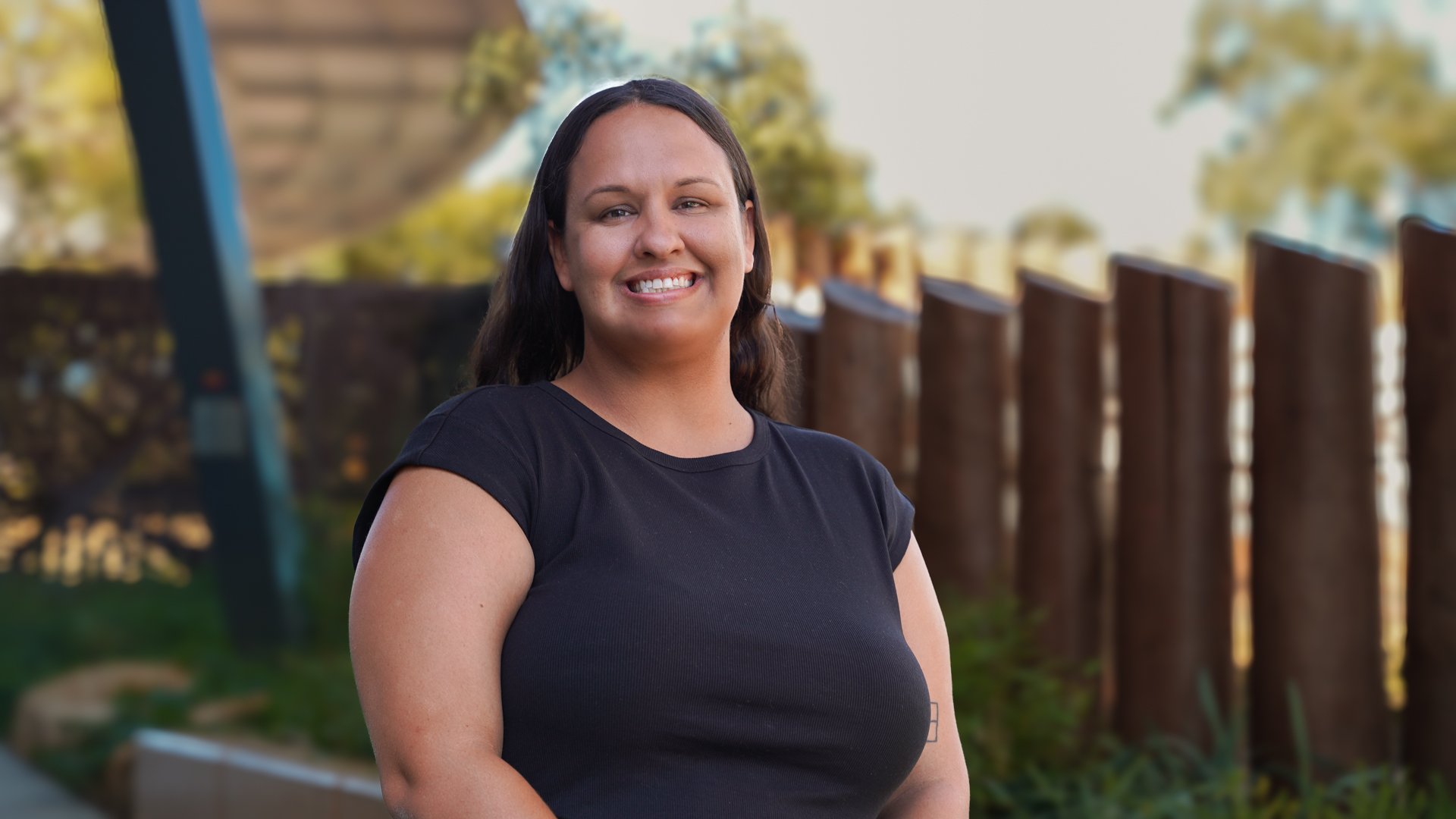Search
Research
A Systematic Review of Psychometric Properties of General Trust Measures Across the LifespanBelief in the trustworthiness of other people is foundational to human interaction, and thus, there is interest in its assessment across many disciplines. However, disunity in approaches to its conceptualization has resulted in a myriad of measures. This review collates and systematically appraises self-report general trust measures for use in either children or adults; examining target age, type of trust assessed, and measurement and psychometric properties.
Research
“Stop, pause and take a break”: a mixed methods study of the longer-term outcomes of digital emotional wellbeing training for perinatal womenMaternal psychological distress is related to poorer physical and mental health as well as child developmental problems. Interventions that optimise maternal mental health and wellbeing during the "first 1,000 days" of life should have wide-reaching benefits for the mother and her child.
Research
Autism and Attention-Deficit/Hyperactivity Disorder Content in Highly Viewed TikTok VideosSocial media allows users to connect with others’ experiences and points of view, with TikTok being the fastest-growing platform worldwide. Highly viewed videos related to neurodiversity on TikTok have an increasing role in understanding and acceptance of neurodivergent individuals.
Research
An Aboriginal and Torres Strait Islander parenting programThe aim of this project is to develop and implement a culturally safe, responsive and trauma-informed parenting program for Aboriginal and Torres Strait Islander families.
Research
Wellbeing and Type 1 DiabetesA community-led, trauma-informed psychosocial intervention to improve health outcomes of children and young people with Type-1 diabetes.
Research
Co-designing a trauma-informed program for parents whose infant has had a Neonatal Intensive Care Unit (NICU) admissionHaving a newborn child admitted into a NICU can be highly traumatic for parents. The compounding effects of the NICU clinical environment, having a seriously ill child, in addition to the inability to care or adequately bond with your child can be extremely distressing.




People
Amanda ZaffinoAmanda is a Certified Child Life Specialist and has a Bachelor of Science in Psychology and Master of Arts in Education with an emphasis on Child Life in Hospitals and Early Childhood Education.
